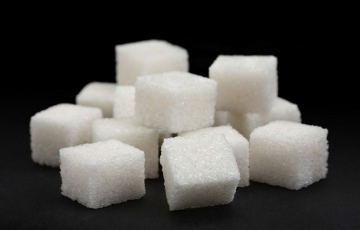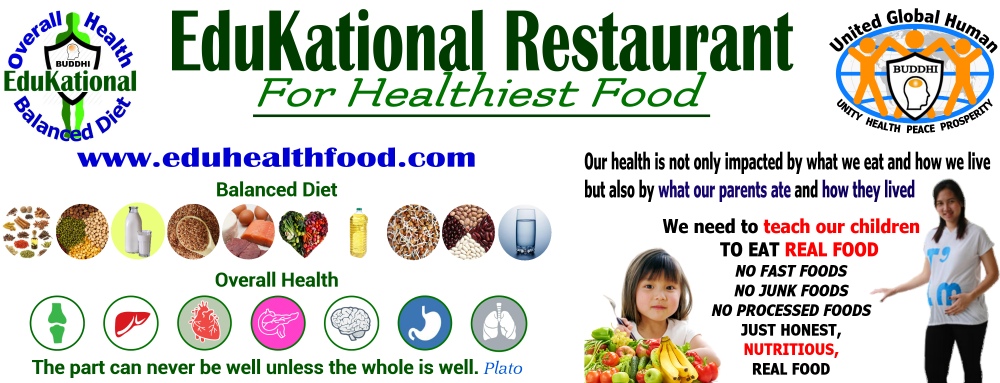
EduKational Health Article
Is too much protein bad for you?
The market for protein supplements is now mainstream – but many of us already eat twice as much protein as the World Health Organisation recommends

Should humans drink cow’s milk?
The consumption of cow’s milk is in decline as lactose intolerance does for dairy what gluten intolerance has done to bread. But if you are northern European, you are genetically modified to consume milk
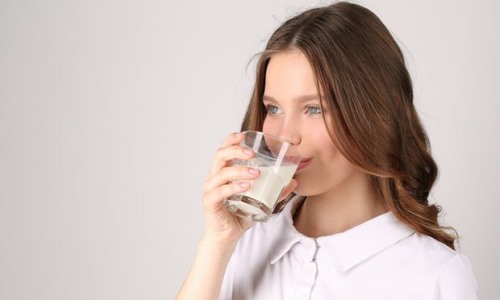
Antibiotic Crisis - Is it too late for humanity?
Antibiotics revolutionised the treatment of infections; however their overuse and misuse has resulted in strains of bacteria becoming resistant to available antibiotics. Few new antibiotics have been developed for over 30 years and once easily treatable infections are now starting to kill again.
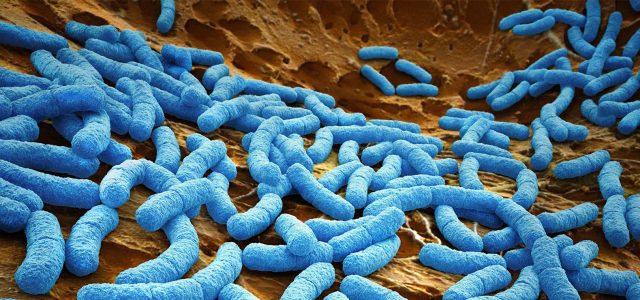
Sugar in Food, what's the problem?
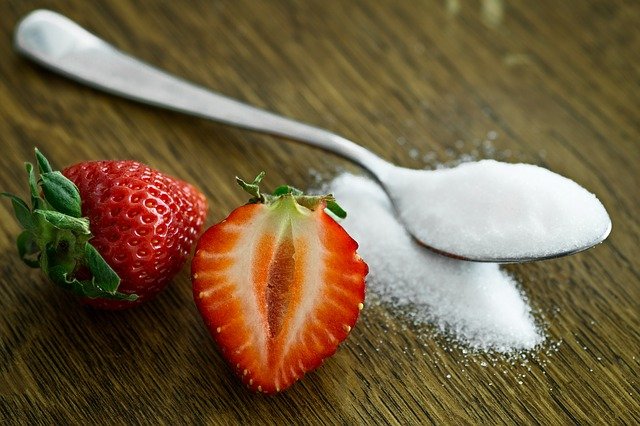
Sugars are present in most Natural unprocessed foods; so what is the problem?
Well, to put it bluntly, sugars make food taste nice, to most people. Food manufacturers understand this and ADD processed sugars or synthetic sweetners to their products to make them more desirable to consumers.
However, over many years, unbiased, responsible medical research has indesputibly shown that too much sugar in your diet can have undesirable negative, or even catastrophic, health consequences, such as tooth decay and obesity, or life threatening medical conditions such as Diabetes.
At EduKational we urge people to know and understand the foods they are eating, the health consequences, good or bad, and to make an informed conscious effort to become an 'Intelligent Eater' with a healthy lifestyle and a 'Balanced Diet'.
Sugar - some important facts you should know
REVEALED: WHAT SUGAR REALLY DOES TO YOUR BODY
BRAIN
Sugar interrupts the supply of important neurotransmitter precursors to the brain - particularly ones that help produce serotonin and dopamine. A deficiency of these chemicals can adversely affect mood, learning, memory, and sleep.
Too much sugar in your diet, particularly 'free sugars' from processed foods and drinks, can increase the risk of anxiety and depression due to a mix of energy rushes followed by subsequent sugar crashes.
HEART
Eating too much sugar can cause you to gain weight. If you're overweight or obese you're more likely to develop coronary heart disease than someone who is a healthy weight.
Increased sugar levels can decrease the amount of good cholesterol in the bloodstream and increase the amount of bad cholesterol, as well as blood fats.
Sugary foods convert to glucose, which causes insulin to be released in a matter of minutes. This rapid process raises the heart rate, as well as the risk of high blood pressure.
LIVER
The liver struggles to process excessive amounts of sugar. The unprocessed sugars are converted to fat calls, which are distributed throughout the body.
As a result, you can gain weight and are at risk for fatty liver disease and even obesity. Over time, the liver can become resistant to insulin which can lead to elevated insulin levels throughout the body.
PANCREAS
The pancreas regulates blood sugar levels either by lowering them with insulin or raising them through glucagon. Maintaining blood sugar levels helps several organs function including the brain, heart and liver.
DIGESTIVE SYSTEM
Too much sugar in the body can cause bacteria to migrate from the colon to the small intestine, where nearly no bacteria is present.
As they increase rapidly in number on the foods digesting in the small intestine, they can cause bloating, acid reflux, gas and abdominal cramping.
Do you know how much sugar your food contains?
Sugars per 100 g of food
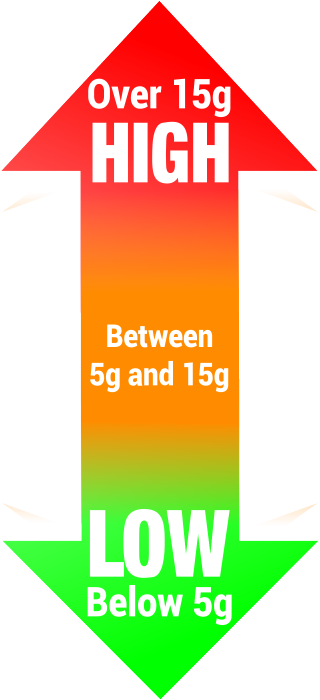
What foods contain sugars?
Most natural foods contain sugars. Some natural foods contain more sugar than others.
Not all sugars are bad for us. We can eat sugar in food as part of our normal balanced diet.
However the best advice is, as with all things, 'everything in moderation'.
Sugars, as with fats and salt, are bad for us when these are added to our foods, or released from natural foods, as part of a manufacturing process ('free sugars') and we eat - often without knowing - too much of them.
These added sugars, fats, and salt are found routinely in processed foods. Food manufactures put added sugar in food to make them taste better; for example when fat content is removed to make 'low fat' items.
What are processed foods?
Processed foods aren't just microwave meals and other ready meals. The term 'processed food' applies to any food that has been altered from its natural state in some way, either for safety reasons or convenience.
Examples of processed foods
- breakfast cereals
- cheese
- fruit yoghurt
- tinned vegetables
- bread (brown and white)
- savoury snacks, such as crisps
- meat products, such as bacon
- 'convenience foods', such as microwave meals or ready meals
- drinks, such as milk or soft drinks
Food processing techniques include freezing, canning, baking, drying and pasteurising products.
Not all processed food is a bad choice. Some foods need processing to make them safe, such as milk, which needs to be pasteurised to remove harmful bacteria. Other foods need processing to make them suitable for use, such as pressing seeds to make oil.
Freezing fruit and veg preserves most vitamins, while tinned produce (choose those without added sugar and salt) can mean convenient storage, cooking and choice to eat all year round, with less waste and cost than fresh."
Sian Porter - Dietitian
What makes some processed foods less healthy?
Ingredients such as salt, sugar and fat are sometimes added to processed foods to make their flavour more appealing and to prolong their shelf life, or in some cases to contribute to the food's structure, such as salt in bread or sugar in cakes.
This can lead to people eating more than the recommended amounts for these additives, as they may not be aware of how much has been added to the food they are buying and eating. These foods can also be higher in calories due to the high amounts of added sugar or fat in them.
Which foods contain the most sugar?
Processed foods containing the most sugar
Most pre-packed processed foods
Some of the worst offenders for 'hidden' added sugars are:
- Salad Dressing
- Soups and Sauces
- Breakfast smoothies
- Breakfast Bars and Yoghurts
- Bread
- Alcohol
Natural foods with a high sugar content
Fruits
- Banana : 20.4g
- Fig : 19g
- Grapes : 15.5g
- Guava : 17g
- Kumquat : 16g
- Lychee : 18g
- Mango : 15g
- Pomegranate : 17g
Vegetables
- Beets
- Carrots (depends on diet)
- Corn
- Parsnips
- Peas
- Plantains
- Potatoes in all forms
- Winter Squashes (acorn and butternut)
What should an 'Intelligent Eater' do?
An important point to remember when talking about controlling sugar intake in your diet is that you should take into account your TOTAL sugar intake, that includes natural and added sugars.
Adults should not eat more than 30 g of sugar per day, and children much less.
The best advice for 'Intelligent Eaters' is to limit or avoid as much food and drinks containing the added ('free') sugars as possible.
Whenever possible cook your own freshly prepared foods and avoid adding sugar and salt where possible.
Use low fat products for cooking, and use lean meats for meals.
If you must eat processed foods, for example Pizza or bacon, fruit juices, fruit yoghurts, then limit the amount of them that you eat and combine them with as much natural foods as possible to ensure a truly 'Balanced Diet'.
Combine your 'Balanced Diet' with a 'Healthy lifestyle'. Your regimen should be - in line with your present health condition - to:

- Eat healthily,
- Sleep well,
- Do not smoke,
- Do not drink alcohol,
- Take regular appropriate exercise.
References:
Sian Porter Dietitian MSc(Econ) BSc(HONS) RD MBDA hcpc reg
Johns Hopkins Medicine: Finding the hidden sugar in the food you eat
